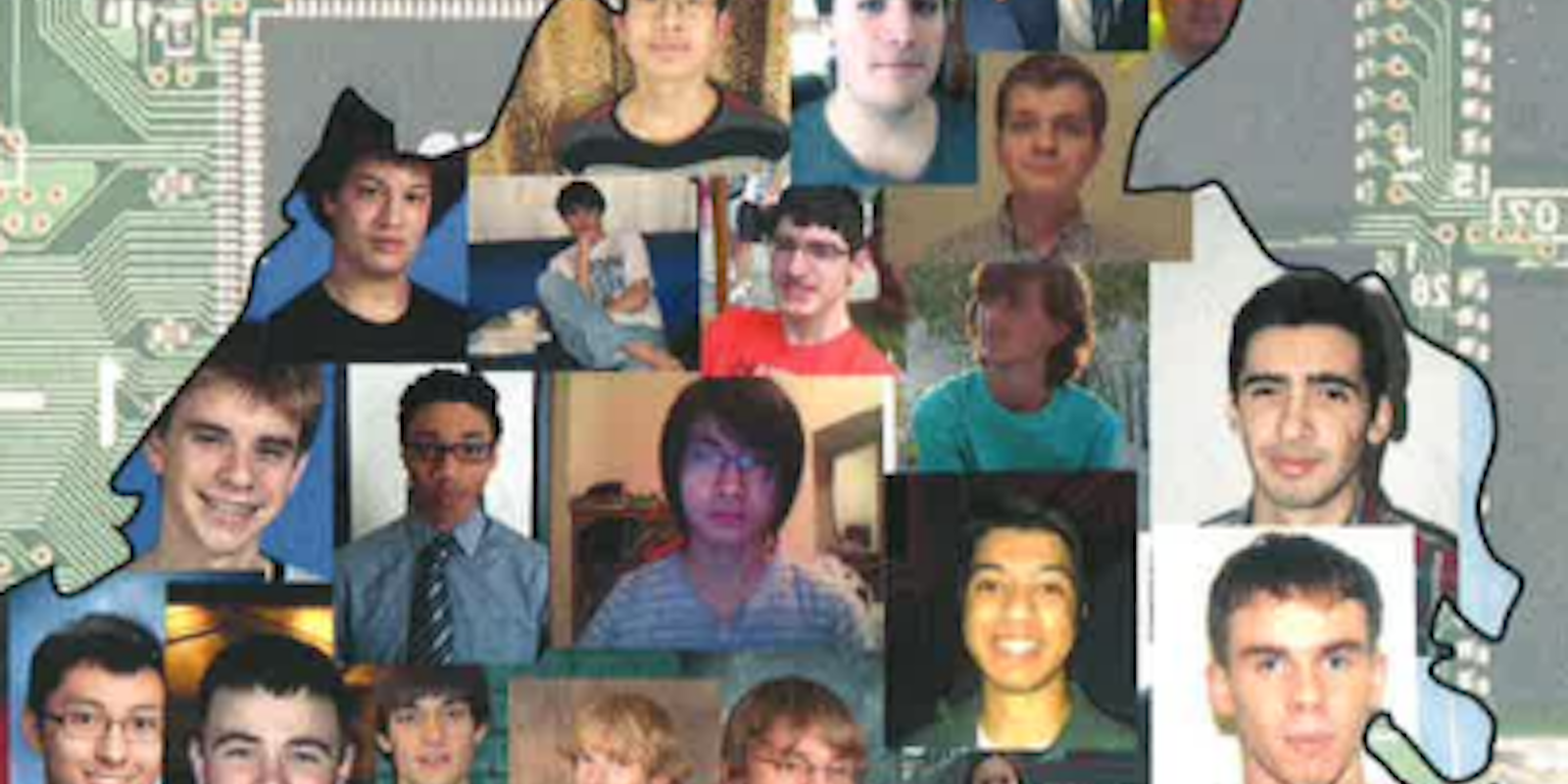The U.S. Department of Homeland Security wants to recruit young hackers to work for the government.
Yet at the same time, Congress is considering criminalizing them even more harshly than they already are.
It’s a given that plenty of Americans want to change the Computer Fraud and Abuse Act (CFAA), the hacking law so strict, it can be used to prosecute users who break a website’s terms of service. The law has had a number of high-profile victims in recent months, including Reddit cofounder Aaron Swartz, who killed himself in January while facing 35 years in prison for alleged violations.
Nevertheless, a draft bill circulating in the House Judiciary Committee would significantly strengthen the CFAA. A conspiracy to commit a hacking crime, for instance, would net as strong a punishment as actually committing one. And users who are allowed to access certain information could still be charged if they use that information “for other purposes.”
In other words, “Even if you are allowed to obtain info via your authorization on your computer,” according to Techdirt, “if you use that information in a way that runs afoul of the info above, you can be found to have exceeded authorized access.”
The bill appears created for a so-called “cyber week” in the House, when Congress is expected to address a host of computer laws, including voting on the notorious Cyber Intelligence Security Protection Act (CISPA). Some of its new language appears tailored to appeal to national security concerns, with titles like “Protecting U.S. businesses from foreign espionage.”
The need for such a week would seem to be bolstered by recent attacks of major hacks on the U.S. and its allies. Cybersecurity firm Mandiant announced in February that a host of attacks on U.S. networks come from a single Chinese army building. And on Wednesday, three South Korean television stations and two banks saw their networks compromised from an attack many believe came from North Korea.
Increasing penalties on hackers seems to run contrary to a new campaign by the Department of Homeland Security, which has created competitions to find and encourage teenage hackers who might want to work for the government.
According to a report by The New York Times, the U.S. got the idea of using fun hacking contests to recruit youngsters to hack for the government by looking at China.
Photo via Cyber Aces


